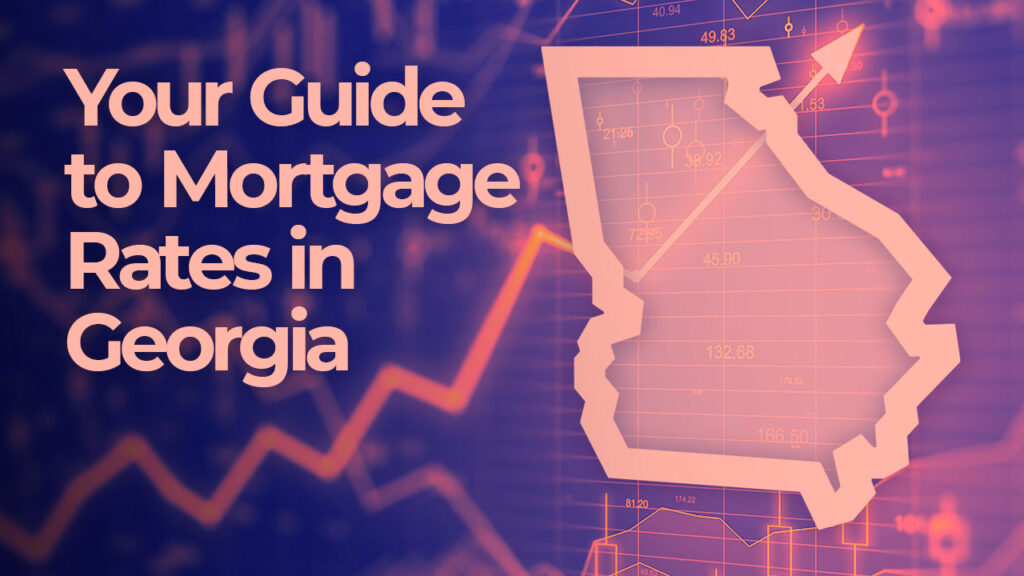Unexpected car repairs, medical bills, or a sudden job loss – life throws curveballs. When you need cash fast, finding a reliable source of funds is crucial. This guide explores the options for small emergency loans in the US, helping you navigate the process and choose the best solution for your situation.
Understanding Your Needs
Before diving into loan options, assess your financial situation. How much money do you need? What’s your repayment capacity? Understanding these factors will guide your decision-making process. 
Payday Loans
Payday loans are short-term, high-interest loans typically due on your next payday. They’re designed for immediate needs but carry significant risks due to their high APRs. Consider this option only as a last resort. Learn more about responsible borrowing practices.
Installment Loans
Installment loans offer a more manageable repayment plan than payday loans, allowing you to spread payments over several months. Interest rates vary, so compare offers from different lenders. 
Personal Loans
Personal loans are unsecured loans, meaning they don’t require collateral. Lenders assess your creditworthiness, so a good credit score is beneficial. Interest rates are generally lower than payday loans but higher than secured loans. Find out more about credit scores and their impact.
Lines of Credit
A line of credit works like a credit card, providing access to funds up to a certain limit. You only pay interest on the amount you borrow. This can be a flexible option for managing unexpected expenses.
Secured Loans
Secured loans require collateral, such as a car or savings account. If you default, the lender can seize the collateral. These loans often offer lower interest rates due to reduced risk for the lender.
Credit Unions
Credit unions often provide more affordable loan options than traditional banks. They prioritize member needs and may offer lower interest rates and more flexible terms. Compare loan options at different credit unions.
Online Lenders
Numerous online lenders offer small emergency loans. Carefully research lenders before applying, ensuring they are reputable and licensed. Compare interest rates, fees, and repayment terms. 
Peer-to-Peer Lending
Peer-to-peer (P2P) lending platforms connect borrowers with individual investors. Interest rates can vary depending on your creditworthiness and the lender’s risk assessment.
Bank Loans
Banks offer various loan products, including personal and secured loans. Check with your bank to see what options are available to you. They may require a credit check and offer terms based on your credit history.
Title Loans
Title loans use your vehicle’s title as collateral. High-risk option with potentially steep fees and interest rates. Consider other alternatives if possible.
Pawnshops
Pawnshops provide short-term loans by accepting valuable items as collateral. They’re a quick option, but you risk losing your item if you can’t repay the loan.
Payday Alternative Loans
Credit unions often provide payday alternative loans (PALs) with lower interest rates and more flexible repayment terms than traditional payday loans. Check your local credit union for availability.
Cash Advances
Some credit cards offer cash advances, but these usually come with high fees and interest rates. It’s typically better to avoid this unless absolutely necessary.
Borrowing from Friends or Family
Consider borrowing from trusted friends or family members before resorting to high-interest loans. This approach may offer more favorable terms, but it’s crucial to establish clear repayment agreements.
Factors Affecting Approval
Your credit score, income, and debt-to-income ratio significantly influence your loan approval chances and interest rates. A good credit score improves your chances of securing a loan with favorable terms.
Choosing the Right Loan
Compare interest rates, fees, repayment terms, and the lender’s reputation. Consider your financial situation and repayment capacity. Use online tools to compare loan offers.
Conclusion
Securing a small emergency loan can provide much-needed relief during challenging times. By carefully weighing your options and understanding the associated costs and risks, you can make an informed decision that best suits your needs. Remember to prioritize responsible borrowing and repayment to avoid further financial strain. 
Frequently Asked Questions
What is the best type of small emergency loan? The best type of loan depends on your individual financial situation and creditworthiness. Consider factors like interest rates, repayment terms, and your ability to repay the loan.
How can I improve my chances of loan approval? A good credit score, stable income, and low debt-to-income ratio significantly increase your chances of loan approval and securing favorable interest rates.
What happens if I can’t repay my loan? Failing to repay a loan can negatively impact your credit score and may lead to debt collection efforts. Contact your lender immediately if you anticipate difficulty making payments.
Where can I find reputable lenders? Research lenders thoroughly, checking reviews and ensuring they are licensed and comply with all regulations.
Are there any government assistance programs? Several government and non-profit organizations offer financial assistance programs. Explore resources such as local charities or government websites.


